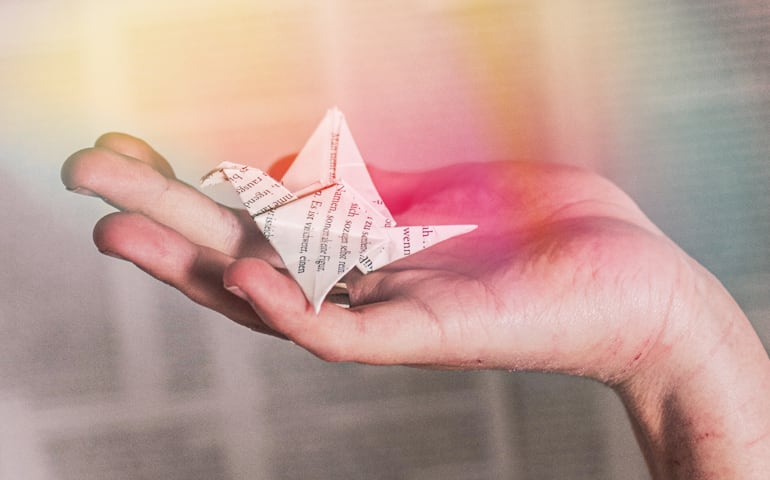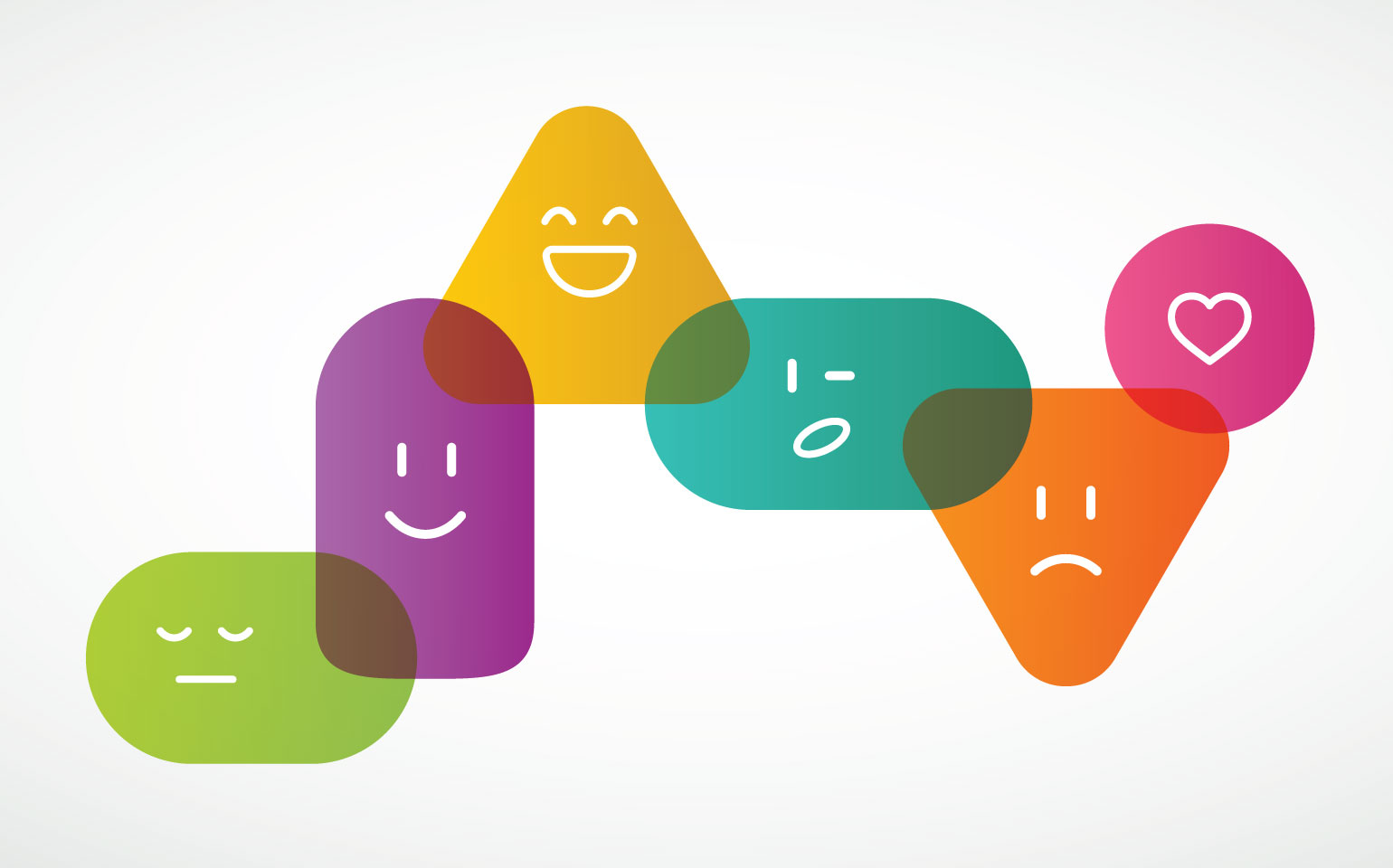
A Sister, a Brother, and an Origami Crane
Everyone has heard the phrase “never take anything for granted,†but does anyone actually abide by it? I know that as a child, I never did. But recently, a very close family member was faced with a medical emergency that changed not only his life, but mine as well.
It was a mild, summer morning in 2016 and I was enthusiastically walking to school, eager to meet up with my friends so we could chat about last night’s episode of The Flash (yes, I know, I was a DC fan).
I was just another, privileged eleven-year-old growing up in the wealthy suburbs of Toronto, taking the big things in my life for granted.
I remember goofing around during one of my classes, taking advantage of the substitute teacher and disregarding the classwork lying on my desk, when I was called to the office. My classmates made the obligatory “OOOOOH, Shiuli’s in trouble,†and I playfully rolled my eyes as I left the classroom.
What I was told next changed my life in a very big way, though I had no idea at the time. The secretary told me that my parents left a message saying they were in the hospital with my brother, and they might be home a little late. That was it. I knew my brother was feeling a little sick that morning and that my parents were planning to take him to see our family physician, but was the hospital that far away? Why were they taking so long? My concerns soon vanished as I began to think about all the food I could raid from the kitchen at home with no supervision.
Okay, I know what you’re thinking: I’m not a very good sister, or I obviously don’t care that much about my family.
You have to understand that I was a very sheltered and ignorant child; the majority of the thoughts that occupied my brain were meaningless fantasies of a typical eleven-year-old. Little did I know that my obliviousness and carefree attitude was soon to come to an end.
When the doorbell finally rang late at night, I ran to open the door. Instead of greeting the rest of my family, I swung open the door to my dad, standing all alone. I stretched my neck to see if my mother and brother were standing behind him, but there were no signs of them in the vacant hallway outside our apartment. That’s when I noticed the grim look and the bloodshot, puffy eyes on my dad’s face which spoke louder than words. Fear coursed through my veins—something was horribly wrong. My heart was pounding so loud I barely heard when my dad said, “Sit down, Shiuli.â€
Not every eleven-year-old understands what the word “abscess†means, or what “ICU†stands for. Lucky for me, I was a quick learner.
For the next hour or so, my dad sat me down in the kitchen and explained to me how an abscess had formed in my brother’s brain, which is why he would be admitted to the SickKids Hospital for the next few months. It was definitely a lot to take in.
I was certainly not expecting to hear there was a parasitic microorganism residing in my six-year-old brother’s brain—the very organ that makes you who you are. Don’t worry though, it gets better, I promise!
I wished I was able to see my brother immediately, but since I was a minor, I was not allowed to stay overnight at the hospital. The next day, my dad and I got ready to board the train to downtown Toronto. I’m pretty sure I fell asleep on the train, because it’s not like I was able to get any sleep the night before. I mean, you can’t just soundly fall asleep right after hearing what I heard.
After we got off at our stop, we proceeded to walk towards the hospital. I was preparing to enter a scene of misery and gloom but was instead greeted by a chirpy volunteer wearing a bright purple T-shirt who handed me an origami crane. I was in awe. As I turned it over in my hands, I could see the vibrant splashes of pink, green, orange, and blue imprinted onto the delicate paper. That crane became a symbol of hope for me. I saw it as a reminder to stay strong for my brother; I had to keep going. I know this sounds super cheesy, but that intricately folded piece of paper symbolized my need never to lose hope. In fact, I still have it to this day, precariously perched amongst the clatter of art supplies on my desk.
Holding my brother’s weak hands in the ICU was when I realized how lucky I was. How lucky we were. I knew everything was going to be alright when my brother opened his eyes and squeezed my hand before saying, “I love you.†Seeing the mischievous twinkle back in his eyes made me squeeze his hand in return.
Everywhere I went in the hospital I saw tales of despair, of grief, of joy, but most importantly ones of hope, resilience, and human compassion. Seeing the volunteers and hospital staff make a difference in the lives of so many people is what inspired me, at eleven years old, to become a neurosurgeon. And at sixteen, I still want to be one. It’s amazing to see how something from such a long time ago can still have an impact on someone’s life.
Seeing as my brother is a happy, healthy (and really annoying) person now makes me think about how anything can be snatched away from you at any time. Sometimes it’s important to say “I love you†or “I care about you†to those special people in your life who have stood by you, no matter the circumstance, as you’ll never think of doing it until it’s too late. For some people in the world, it’s already too late—they will forever regret and think about the missed opportunities. I have heard this overused phrase countless times growing up, but always, always, always be grateful for what you have, instead of dwelling on the things you don’t have. The most important things are right there in front of you. They’re so close, you can almost miss them.



